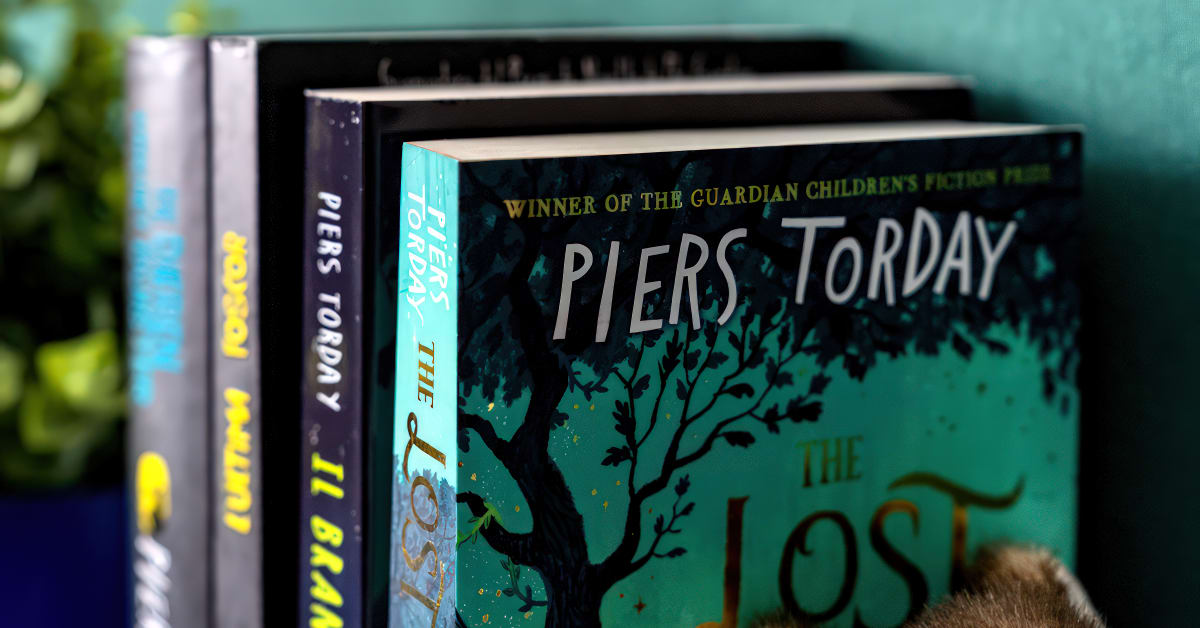Description
In this course, you will learn:
- Character elements that are multi-dimensional and complicated.
- How to write dramatic dialogue that is believable.
- Techniques for dealing with intricate plots.
- The requirement of strong emotional stakes at all levels, from scene to tale.
- Techniques for seeing your draught through to the end
Syllabus:
- Introduction to the course.
- Ways to structure and organize your writing time.
- Point of view: from whose perspective will the reader experience the story? Each comes with its advantages and disadvantages.
- Types of prose and their uses.
- Voice: a strong, consistent stylistic quality that permeates your writing.
- Beginnings. The first sentence, first paragraph, and first page.
- Active and Passive Characters. How to give a character more agency.
- Character Complexity and Conflict. Internal, interpersonal, and societal antagonisms help build complex and fully realized characters.
- Tension in Scene.
- Backstory and Flashbacks.
- What is the function of dialogue in fiction?
- How dialogue differs from everyday speech?
- What dialogue should never do?
- What are the hallmarks of great dialogue?
- How to work with subtext.
- Exploring the depths of your character: what is spoken, what is unspoken, and what is unspeakable.
- How to format dialogue and work with dialogue tags.
- The evolving outline. What to do when you start to stray from your initial outline.
- Troubleshooting Structural Problems.
- Troubleshooting plot in five popular fiction genres (literary, speculative, crime, historical, and romance).
- Endings. How to navigate through writing an effective ending.
- Why do research? What can research bring to different types of fiction writing?
- When to do research.
- What should you research?
- How do you best incorporate research?
- Case studies. Historical Fiction, Speculative Fiction, Crime Fiction, and Socio-Political fiction.
- The ethics of research.
- Writing about yourself and your family.
- Blind Alleys. How to identify and back out of them.
- Procrastination and Hitting the Wall. Ways to combat these mental blocks
- Grappling with Theme.
- Dos and don'ts.









